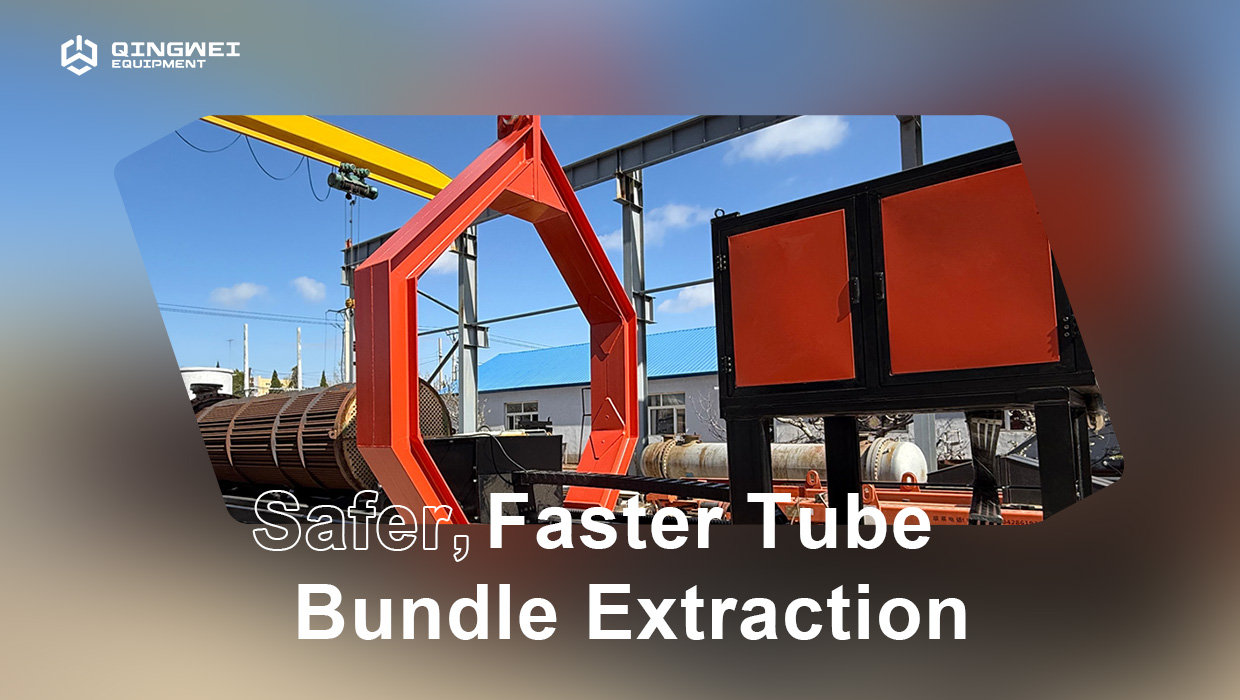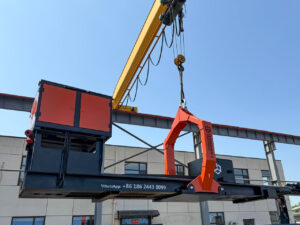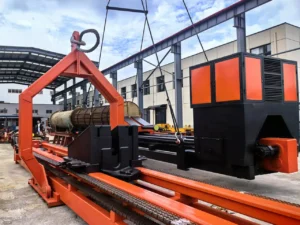In the complex and challenging petrochemical industry, maintenance and repair work is like a crucial screw that tightly holds together the safe, stable and efficient operation of the entire production system.
The petrochemical production process involves numerous technological processes and equipment facilities that operate under high temperature, high pressure, flammable, explosive, toxic and harmful conditions. From the extraction and refining of crude oil to the synthesis and processing of various chemical products, each step relies on a large number of precise and complex devices, such as distillation towers, reactors, heat exchangers, compressors, pumps, etc. These devices operate under harsh working conditions for a long time and are subject to multiple effects such as physical wear, chemical corrosion, thermal stress and fatigue stress, making them extremely prone to various failures and hidden dangers.
Regular maintenance and repair work is the foundation for ensuring the reliability of equipment. During routine inspections, maintenance personnel use methods like listening, touching, observing and smelling, combined with advanced testing instruments such as vibration analyzers, infrared thermometers and ultrasonic flaw detectors, to monitor the operating status of the equipment in real time. They carefully check parameters such as the temperature, pressure, vibration and noise of the equipment, and never overlook any abnormal signs, so as to detect potential problems in a timely manner, such as component loosening, wear, corrosion and leakage, and take corresponding preventive measures, such as tightening, lubricating and replacing wearing parts, nipping failures in the bud and preventing them from developing into serious safety accidents or causing production interruptions.
When equipment fails, rapid and effective emergency repair becomes a top priority. The emergency repair team needs to have rich experience, superb skills and a rapid response ability. Upon receiving the failure notice, they rush to the scene immediately and race against time to diagnose and evaluate the failure. Whether it is a complex electrical control system failure or damage to key mechanical components, the emergency repair personnel can formulate a reasonable emergency repair plan based on their solid professional knowledge and proficient operating skills and quickly organize its implementation. During the emergency repair process, they strictly abide by safety operation procedures to ensure the safety of the emergency repair work, while minimizing the equipment downtime and reducing economic losses.
In addition to routine maintenance and emergency repair, petrochemical maintenance and repair also includes regular overhaul and technological transformation of equipment. Regular overhaul involves the comprehensive disassembly, cleaning, inspection, repair and commissioning of equipment according to its operating cycle and maintenance requirements. During the overhaul process, maintenance personnel will conduct detailed detection and evaluation of all components of the equipment, replace severely worn and performance-degraded components, repair damaged parts, and ensure that the equipment returns to a good operating state. Meanwhile, they will also optimize and debug the overall performance of the equipment to improve its operating efficiency and stability.
With the continuous progress of science and technology and the development of the petrochemical industry, maintenance and repair technologies are also constantly being innovated and upgraded. For example, the adoption of advanced non-destructive testing technologies can detect internal defects and damages of equipment more accurately without large-scale disassembly of the equipment; the application of online monitoring systems and intelligent diagnosis technologies enables real-time remote monitoring of the operating status of equipment and automatic early warning of failures, greatly improving the timeliness and accuracy of maintenance and repair work; in addition, the introduction of advanced repair processes and materials, such as laser cladding and nano-coatings, can effectively improve the repair quality and service life of equipment components and reduce maintenance costs.
Petrochemical maintenance and repair work plays an irreplaceable and important role in ensuring production safety, improving production efficiency, reducing production costs and promoting the sustainable development of the industry. Only by continuously strengthening the innovation and application of maintenance and repair technologies, improving the professional quality and skill levels of maintenance personnel, and establishing a sound maintenance and repair management system can petrochemical enterprises remain invincible in the fierce market competition and achieve safe, stable and efficient production and operation.






